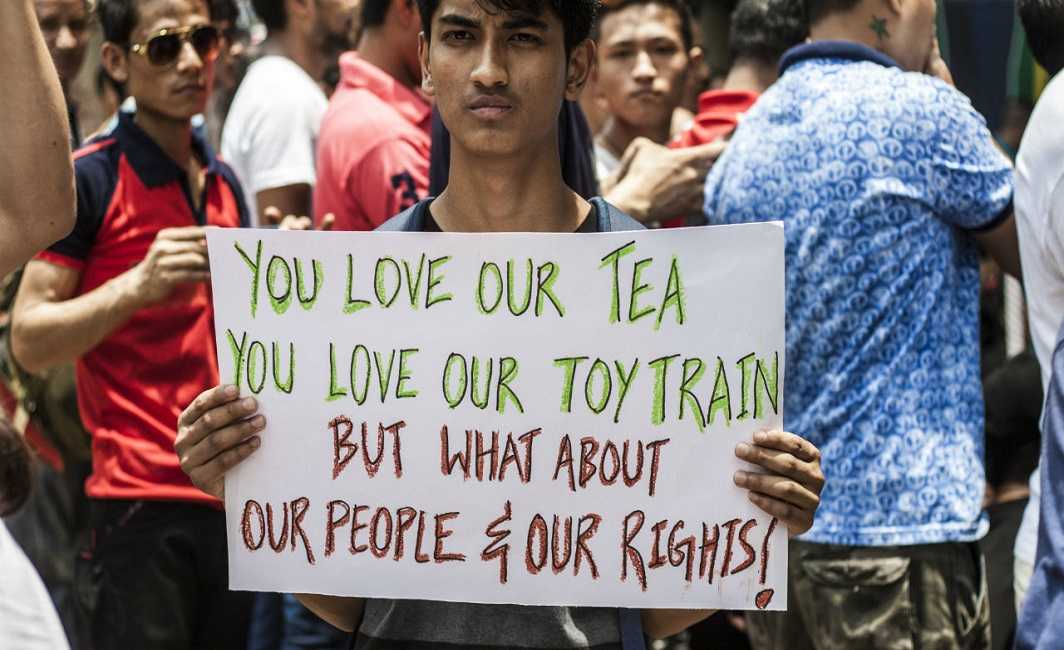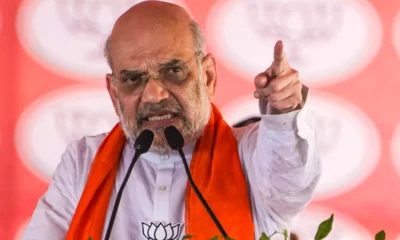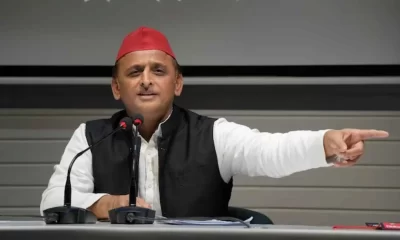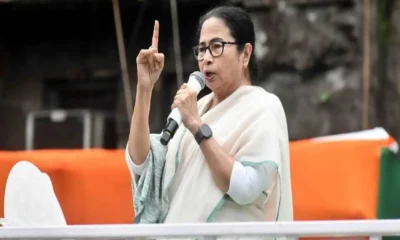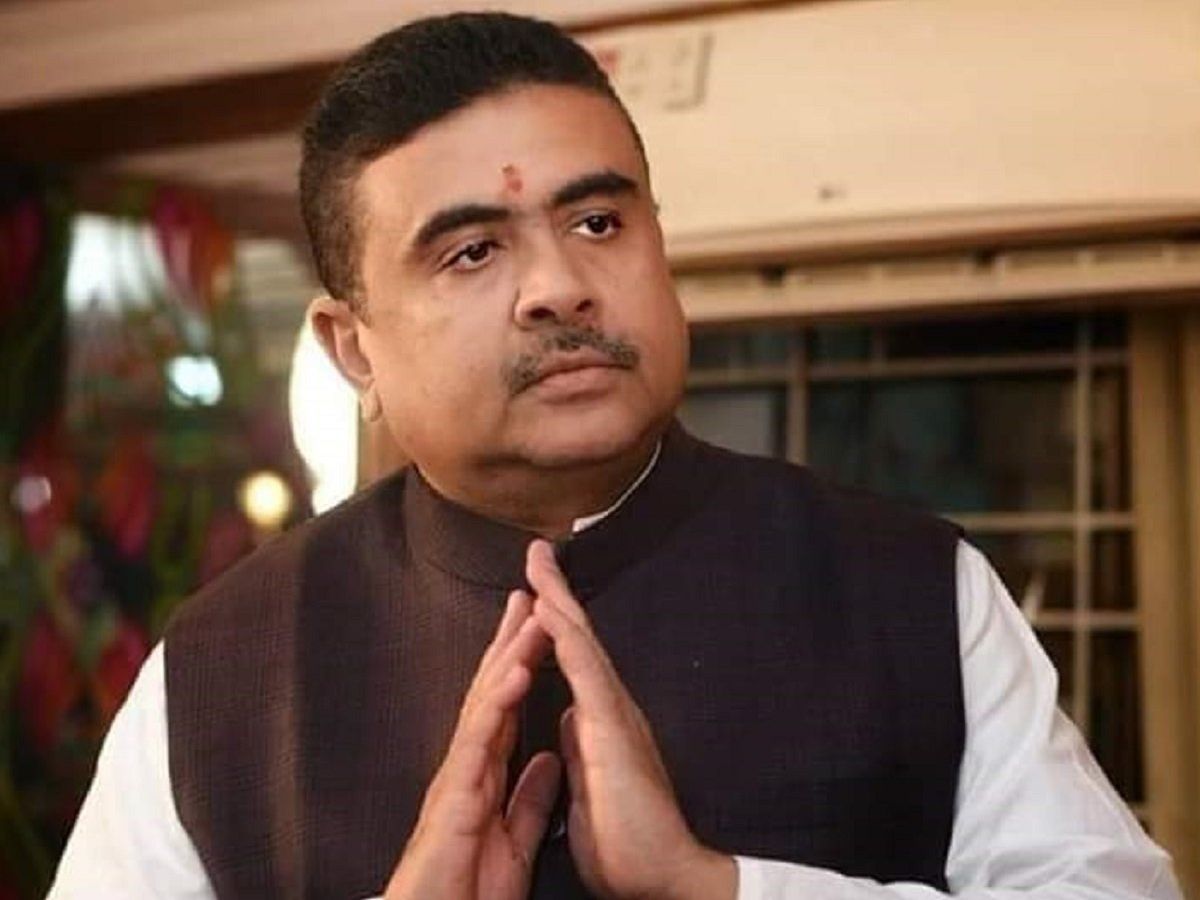[vc_row][vc_column][vc_column_text]By: Saeed Naqvi
Darjeeling, Thimpu, Gangtok, Siliguri are a tight cluster on any map even in a large Atlas. Because of the recent standoff with China over Doklam, the strategic importance of the area, the saliency of the Siliguri corridor, cannot be overlooked. Is New Delhi taking an interest in the demand for a Gorkha homeland from this perspective?
My taxi has to wait outside Kurseong Toy Train station, on the way from Siliguri to Darjeeling, because a march by agitating Gorkha women will not let us pass. Violence in this sensitive area could be very unsettling. Angry women bang on the bonnet of my car and jeer at the Gorkha driver: “Have you joined the Bengalis?” It is a threatening query.
Similar bandhs and marches have brought life to a grinding halt for the past three months – and continuing. There are, of course, cunning leakages – a few chicken being sold here, some vegetables there. But this private enterprise disappears at the sight of approaching marchers.
Contrary to what one might imagine, this sporadic enterprise does not demonstrate a weakening of the popular will. In fact it helps people a bit and enables them to bear the suffering a little longer. It supplements the agitation.
Clearly Gorkhaland is not likely to be conceded in a hurry. What then have the leaders of the Gorkha Janmukti Morcha promised the people? What spell have they cast on them because of which the people have diligently pursued these marches, street-corner meetings, picketing outside offices in an atmosphere of total bandh (bar the contrived leakages). Schools, hotels, restaurants, shops, are shut and labourers on all the 88 tea plantations have struck work and are, therefore, beginning to depend on packets of food some well meaning people are arranging.
No one quite knows the preferred game plans of the plantation owners. The gossip is that they would now like the strike to continue till December so they are not obliged to pay the workers three months wages (for the period when the plantations have been closed) plus bonus for puja holidays.
The inordinate extension of the bandh is causing all the leaders of the Gorkha Movement Coordination Committee to miss heart beats with alarming frequency.
West Bengal Chief Minister, Mamata Banerjee who is always inclined to see agitations, however legitimate, as an affront to her, has slapped countless cases against leaders, including Bimal Gurung, President of GJM, the main political party.
This has given him a respectable reason to run away from Darjeeling and hide in Sikkim. The cases, in other words, are a godsend. Had there been no cases, how would the leaders escape the wrath of the people who are on this occasion truly mobilized? They must be shown some movement towards Gorkhaland. This “movement” is proving elusive even by inches, leave alone feet and yards.
Since all leaders in the coordination committee were pushed from the precipice into a total bandh by the GJM leader Bimal Gurung, they are privately cursing him, but are unable to publicly say anything that would make their resolve for Gorkhaland look weaker. But some of them are keeping a sly eye on any escape route which they can sell to the agitating populace as an advance towards their cause. The situation is custom made for Mamata Banerjee who is desperate to fill whatever political spaces she can with her TMC before the BJP does. If she can divide the leadership with promises of development plus a dialogue with the centre on “the people’s demand”, perhaps a “dissident” faction can then be mobilized as a vehicle for the TMC.
There is a very big “perhaps”. Why would West Bengal politicians and bureaucrats ever loosen their grip on the hill station, the toy train which their children enjoy so much during the summer vacation? There is nothing more popular internationally and which Bengal claims as its own –Tagore and Darjeeling tea.
New Delhi habitually goes into a freeze when confronted with something new, particularly where strategic concerns are involved. Gorkha/Nepali speaking people from Nepal, Sikkim and Bhutan are already keeping New Delhi busy. Gorkhaland would be a new distraction.
A strong card the Gorkhas can play concerns the military. There are thousands of Gorkhas in the army. It is not uncommon to run into a soldier with heroic stories of the Kargil war. These soldiers would be perfectly justified in seeking home leave to see the families who have suffered a bandh for three months. Thousands seeking leave at once? It is a sensitive pressure point.
The straightforward political game the BJP can play to endear themselves to the Gorkhas is by opening up debate on something less than Gorkhaland – say, a Union Territory. Gorkhas would accept it. Darjeeling would come directly under New Delhi. Mamata would of course throw a ginger fit.
After a meeting of Gorkha leaders with Mamata on August 29 Vinay Tamang, joint Secretary of the Morcha and Anit Thapa, member of the Executive Committee, took the leaders and the agitators by surprise by asking them to end the bandh because positive but unidentifiable developments were expected by September 12. By that time the next round of meetings with Rajnath Singh and Mamata would have been held, they said. Well September 12 too has come and gone and there is no sight of the bandh coming to an end.
Little wonder most of the Gorkha leaders, Bimal Gurung, Vinay Tamang, Anit Thapa are on a rapidly declining popularity graph.
Bimal Gurung’s political career was launched by his opening numerous fan clubs for a Gorkha singing sensation, Prashant Tamang, who won the 2007 Indian Idol, a reality show. Prashant won in the third week of September. On October 7, Bimal Gurung had launched the GJM.
Impulsively, he leapt into the bandh when Mamata wanted Bengali to be inserted in the three language formula. Later she withdrew her word. But by that time the GJM and the coordination committee of other Hill parties were fairly advanced on a high-wire act. An endless bandh was on.
The leader whose graph is up is R.B. Rai, twice Member of Parliament, President Communist Party of Revolutionary Marxist, Central Committee. He is universally accepted as politically savvy and an incorruptible and respected leader. He believes “tripartite talks” are a promising enough outcome to end the bandh. Apparently, Rajnath Singh has dropped hints that New Delhi, Kolkata, Darjeeling tripartite talks on Gorkhaland are possible. But will Mamata agree?
Rai is cross with the amateurishness of Bimal Gurung for playing “the ultimate card of a total bandh without having a backup plan. We should have started with Mohalla marches, struck work for a few hours, tested the political reaction in Kolkata and New Delhi, planned jail bharo andolans, gauged the plantation workers capacity to survive long strikes without wages. And so on.” There was no plan, he laments. It is a fruitless bandh but it can only be called off when people see some real promise, he says.
So, until God comes riding a thunderbolt by way of a solution, Gorkha leaders are condemned to remain suspended on the last rung of a very high staircase leading to nowhere.[/vc_column_text][/vc_column][/vc_row]
